COMMUNITY REPORTER HACKATHON – REPORT AND EVENT SUMMARY VIDEO LAUNCHED
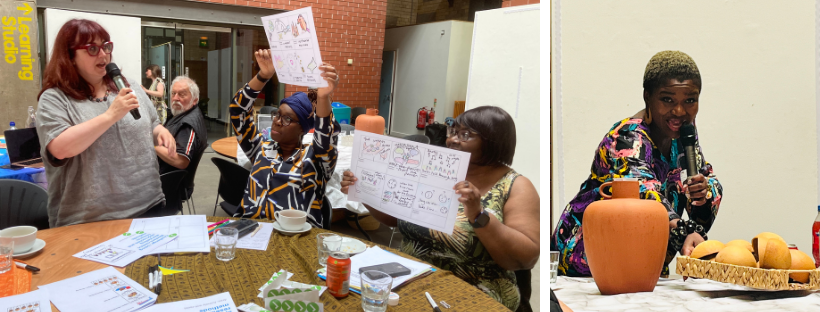
You can also listen to an audio executive summary of the learning report here. The event was funded and support by NCRM.

You can also listen to an audio executive summary of the learning report here. The event was funded and support by NCRM.
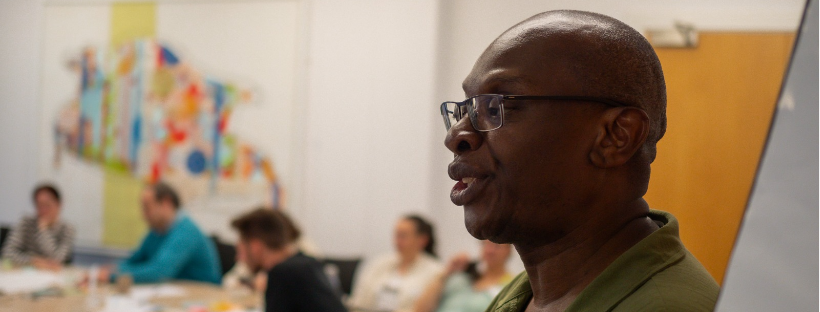
People’s Voice Media and the Community Reporter Network are committed to ensuring that lived experience stories are valued and have influence. Each year we produce an impact and learning report that helps us to see the difference our work is meeting and sets out our direction of travel for the coming year.
This year’s reports shows that we are:
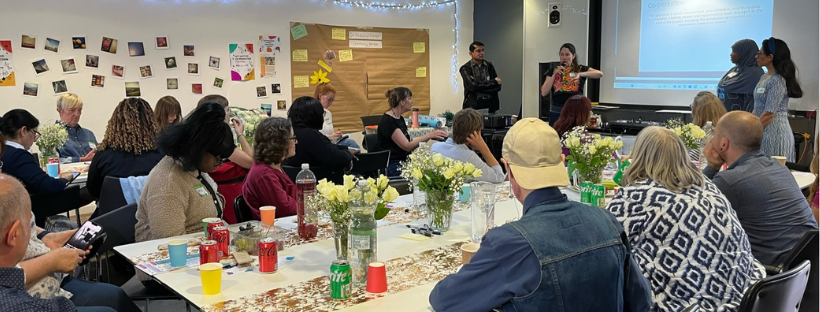
Back in July, partners from the NACP project came together in Stratford, London to host the final learning festival event to take place as part of the 3 year project.
Community members, volunteers, local groups, organisers and people from across the UK came together to celebrate 3 years of the project and discuss all things Co-Production.
We kicked off the day with a group meal, sharing delicious Indian street food from Ghara – something we felt was important to do given the theme of the day was sharing our cook book which included ‘recipes’ for Co-Production.
During the first part of the event, people were invited to share their own recipes (or methods) for Co-Production, after which the project team began to present ideas and examples of projects rooted in Co-Production.
Towards the late afternoon our marketplace was opened up. Pop up activities took place throughout the venue, from collaborative collage, to community reporting, an interactive recipe wall and even a human library, people got stuck into some Co-Production themed activities.
Camerados came along and generously hosted our very own Public Living Room, which was complimented perfectly by our resident DJ and biscuit dunking competition.
Another significant part of the day was the launch our Co-Production Cook Book. This cookbook includes recipes from some of the fantastic people who adventured with us over the last three years, from Greater Manchester, the West Midlands and North East London.
We invite you to use these recipes freely in your communities and see where they take you! Please be sure to credit the authors when you do, in the spirit of Co-Production. Follow the link above to access the full cook book.
A huge thank you goes out to the project team, Ideas Alliance, Camerados, and everybody who came along to the event – your contributions and support made it a truly amazing day.
We’re now in the process of reflecting on the project, if you’ve been involved and would like to share your experiences with us – get in touch with Georgia to find out how georgia@peoplesvoicemedia.co.uk
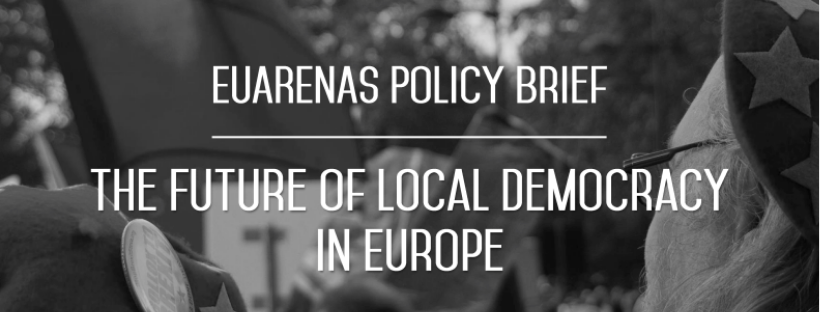
The EUARENAS project responds to a major European challenge – the need to strengthen legitimacy, identification and engagement within the democratic public sphere. The project investigates the ways that social movements, coupled with local reform initiatives that manifest themselves in local-level experiments, create momentum for political change that include more inclusive forms and participatory forms of governance. It nurtures active citizenship, social agendas and political life through citizen participation and democratic innovations in European cities through a range of traditional, applied, and mixed methodology research approaches.
People’s Voice Media has been leading the work package utilising foresight and future-thinking approaches as a research strand. As a tool, foresight is both a tool for understanding democratic innovations as they emerge and for engaging citizens and other actors in such innovations within the participatory and deliberative realms. EUARENAS uses mixed method approaches to foresight to investigate and hypothesize over future trends and scenarios in participatory democracies. These research activities have culminated in a Future Scenarios Report, which can be read on the EUARENAS website, and a visualisation of the EUARENAS City of the Future, which can also be viewed online. Both outputs make the recommendation that cities wanting to strive towards more equitable local democracies should:
We have now transformed these key learnings into policy recommendations that can be implemented at city level in order to foster legitimacy, identification and engagement within the democratic public sphere. We are excited to share these recommendations with you.
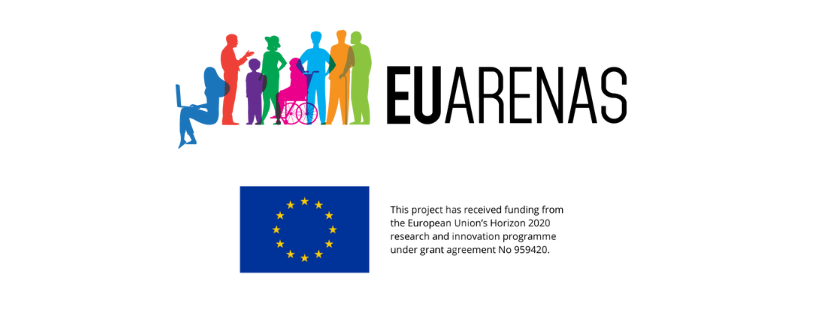
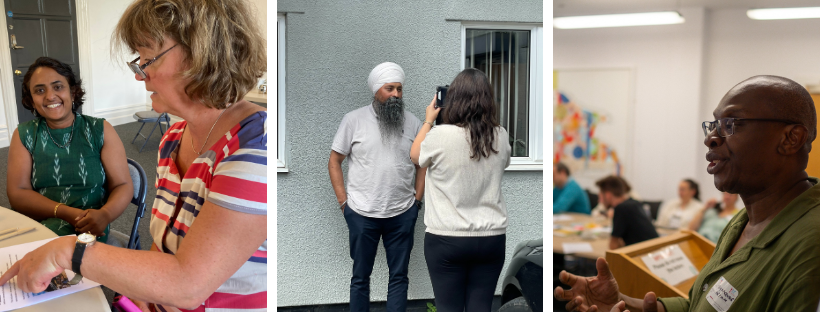
This year, the People’s Voice Media team has worked incredibly hard on our Annual Learning Report, trying to encapsulate the learnings from our social change work during the 2022/23 period, but also how we have acted upon the learnings from the previous year’s report. In its pages you’ll find out more about our impact, our learning and development, and the future of People’s Voice Media – as well as how this work aligns to our strategic goals.
We’re proud to launch it here today although, in truth, we’ve already begun working on several of the learnings found within. If you have any feedback or questions about the report, feel free to get in touch at enquiries@peoplesvoicemedia.co.uk.
Please note: We’ll be recording and releasing an audio summary of the report in the coming weeks.